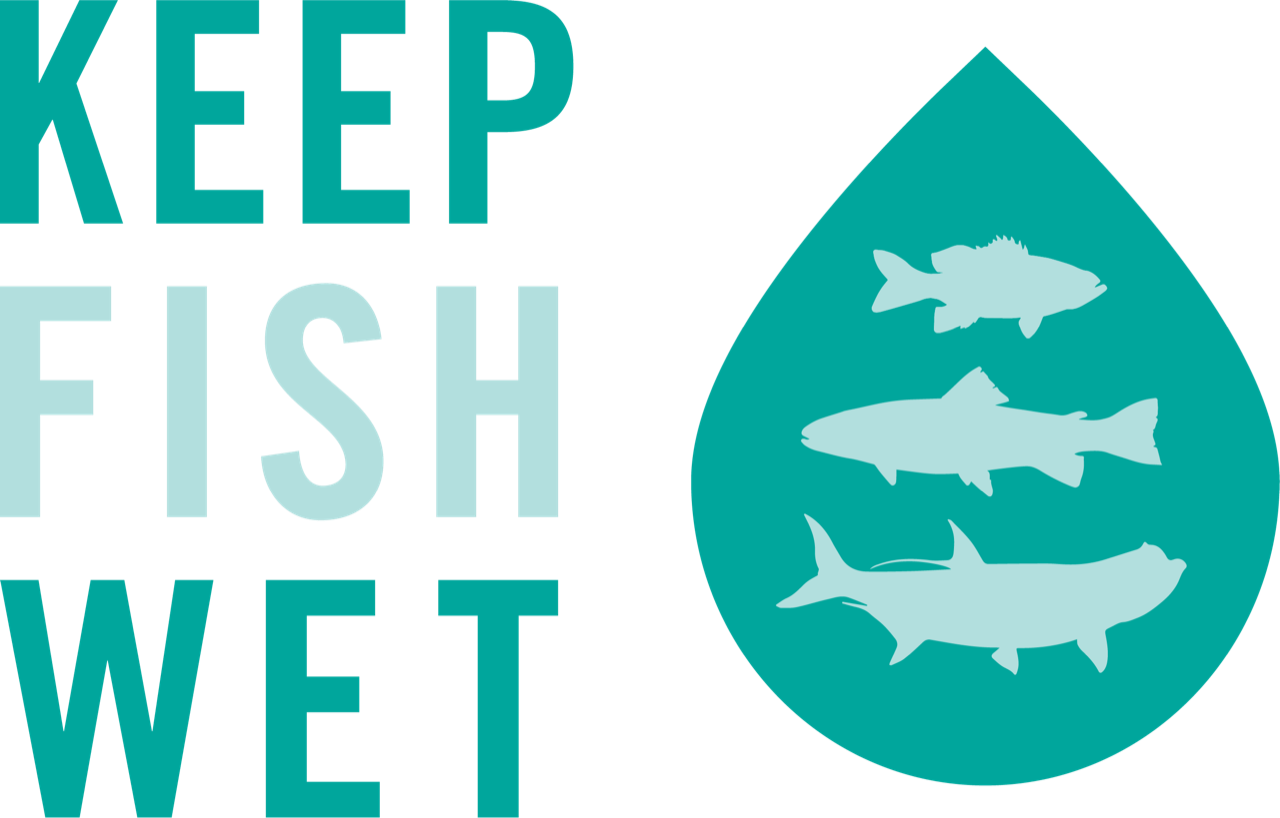Keep Fish Wet: Why do you believe Keep Fish Wet is important?
Jake Brownscombe: Whether or not fish survive catch-and-release depends heavily on angling practices. We have a moral responsibility to treat fish with respect and use best angling practices, i.e., those that minimize impacts on fish survival and welfare, which will also maximize future fishing opportunities. KFW principles are built on scientific knowledge of best angling practices, providing anglers with a useful framework for employing them.
KFW: If there was one thing about science-based best practices for fish handling that you wish all anglers would remember or do, what would it be?
JB: Be adaptive in your fishing practices. Every fishing situation is different and there is no one-size-fits-all approach to best angling practices. Fish condition assessments play a huge role in this – notice if fish are getting injured frequently by certain lure types or hook configurations, and whether fish swim off vigorously upon release (there are a set of impairment tests anglers can use to assess fish condition *link to my old article*) and adapt accordingly. If you notice a lot of predators around that may be eating fish post release, change fishing spots. It can be hard to leave a good fishing spot, but you’ll catch more fish in the long run because there will be more fish around to catch, and of course, fishing karma.
KWF: What do you feel is the next big question to address when it comes to evaluating how fish are handled and released?
JB: Two of the largest knowledge gaps in best angling practices are 1. How to best help fish recover when they struggle to swim away, and 2. How to deal with high rates of fishing-related predation in certain fisheries.
Jake is a research scientist that works on sportfish conservation through understanding how fish make a living, and developing catch-and-release angling practices that minimize our impacts on fish populations. From Largemouth Bass in Canadian lakes to Bonefish on the flats in The Bahamas, his research helps shape conservation minded angling practices. He works on recreational fisheries throughout the world, catching as many fish as he can along the way.
Dr. Brownscombe explains:
"Keep Fish Wet is one of the most significant cultural movements in the world of angling today. It is showing anglers that keeping fish in the water when practicing catch-and-release is the key to having fish to catch tomorrow – and we can still get amazing photos. This is why I support the movement:
Fishing has an important role to play in conservation. Anglers care about conserving fish and their habitats more than the average person, and we often push our weight around to preserve the resources we love. Yet, angling can be stressful for fish and have negative impacts on their populations if we aren’t careful about it. It is therefore essential to evolve our angling practices to ensure we contribute in a positive way to conservation.
Research has shown that one of the greatest causes of stress and mortality in angled fish is air exposure. This is well known in the world of catch-and-release science, but not all anglers recognize this. Angling practices change through angling culture. Through movements like Keep Fish Wet."
Twitter and Instagram: @sci_angler
Research: researchgate.net/profile/Jacob_Brownscombe

